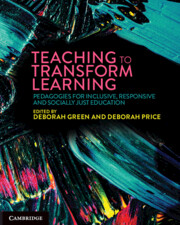Spain’s greatest modern philosopher, José Ortega y Gasset (1883-1955), wrote about many aspects of education including its aims; the education of children, nations, and elites; types of pedagogy; the reform of the university; and the challenges facing educators in an era of “triumphant plebeianism.” The article examines all aspects of Ortega’s educational thought, with a particular focus on his ideas about elites and their education, drawing on writings unavailable in English, including texts not published during his lifetime. At the heart of his writing is a vision of the qualities needed to enable individuals to make what he called a “project” out of their lives along with a powerful advocacy of the non-utilitarian and Socratic pedagogies that would help achieve that vision. The article looks at the balance of radical and conservative elements within Ortega’s educational thought and its relation to earlier “progressive” thinkers, and concludes with an evaluation of his legacy.
